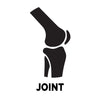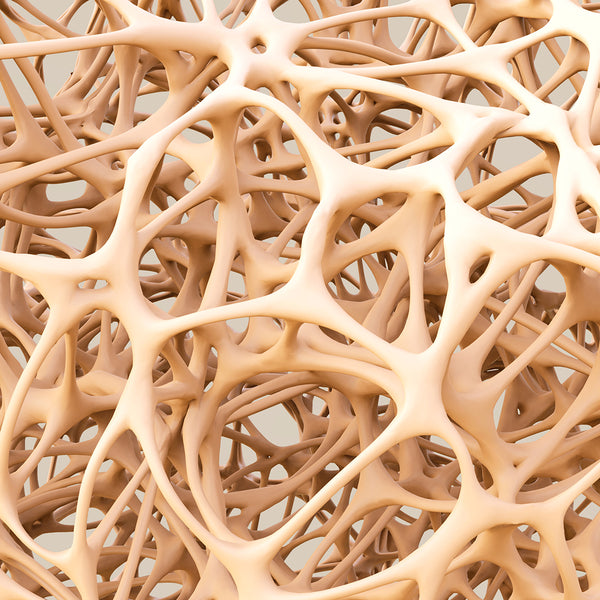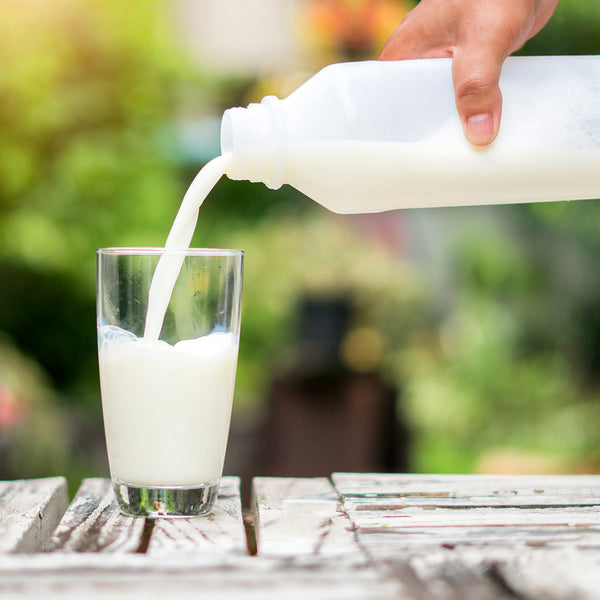
- OUR COMPANY
-
BRANDED INGREDIENTS
- Beauty From Within
- Bone and Joint Health
- Cardiovascular Health
- Cognitive Health
- Detox
- Eye Health
- Gut Health
- Healthy Aging
- Immune Health
- Mineral Support
- Oral Health
- Prebiotics
- Postbiotics
- Probiotics
- Pet Nutrition
- Sexual Health
- Sleep Support
- Sports Nutrition
- Stress and Mood Support
- Sustained Release
- Weight Management
- Women's Health
- CORE FUNCTIONAL INGREDIENTS
- INDUSTRY NEWS
- CONTACT US












)

)